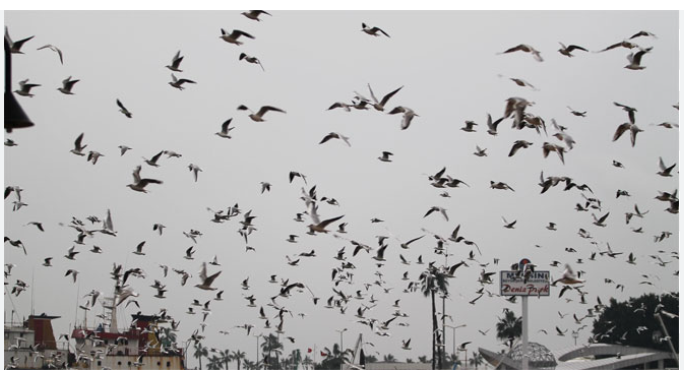International investors are looking to increase investments in Turkey, notably in mergers and acquisitions, as they anticipate a shift to a more orthodox economic policy after May 14 elections, four government officials and analysts said, according to Reuters.
The presidential candidate of the main opposition, Kemal Kilicdaroglu already promised such policies, claiming his government will be able to attract $50 bn “in long-term” investment.
Opinion polls show President Tayyip Erdogan facing the greatest electoral challenge of his two decades in power in the presidential and parliamentary votes after an inflation-driven cost of living crisis eroded his support in recent years.
The inflation surge was fed by a lira slide as the central bank slashed interest rates in an unorthodox policy championed by Erdogan. While that led to a decline in inflows, investors expect growing economic strains to trigger moves towards a more typical policy, in turn encouraging investment.
Investors from Europe, Israel and the Gulf, including the United Arab Emirates and Saudi Arabia, are now showing strong interest in infrastructure investments, notably in energy, according to the officials, who declined to be named as they were not authorized to speak on the issue.
Foreign investors have held talks with the government and opposition parties and public and private sector companies, one senior government official said.
“There has been a significant increase in demand in the last few weeks,” he said. “For the first time, I am hopeful. Direct investments also seem to be coming from the Gulf.”
Corporate finance services consultant Musfik Cantekinler said he expected positive movement in the M&A market, regardless of the election outcome.
“I’m in contact with European and Israeli investors. Also, Russians are looking at the tourism sector. I expect investments from Europeans, especially in manufacturing and industrial sectors,” he said.
M&A deals in Turkey dropped to $5.3 billion in 2022 from $14.3 billion a year earlier and have been generally weaker since a failed coup attempt in 2016.
A win for the opposition in the presidential vote is expected to prompt a decisive shift to orthodox economic policy, but it is less clear how much of a change there will be if Erdogan remains in power.
Erdogan has said former economic tsar Mehmet Simsek, well respected by international investors, was coordinating work on economic policies. However, in an interview overnight, Erdogan said the “Turkish model”, prioritising investment with low interest rates, would continue.
Another senior government official said “very serious” acquisition initiatives were underway.
“The general view is that economic management will change no matter who wins (the election), strengthening expectations that (investment) inflows and outflows will be easier.”
While the UAE and Saudi Arabia were eyeing energy investments, Western investors were looking more at fintech and digital, he said.
An Ankara consultancy company executive said expectations of economic policy changes were paving the way for investment.
“In any case, the expectation is that Turkey will turn to more predictable and orthodox economic policies.”
According to Turkish press reports, while Erdogan may not earnestly contemplate a transition to the orthodox economy model, he will form a team of reputable economists and financial experts to advise him as an election gimmick.
Follow our English language YouTube videos @ REAL TURKEY: https://www.youtube.com/channel/UCKpFJB4GFiNkhmpVZQ_d9Rg
And content at Twitter: @AtillaEng
Facebook: Real Turkey Channel: https://www.facebook.com/realturkeychannel/
